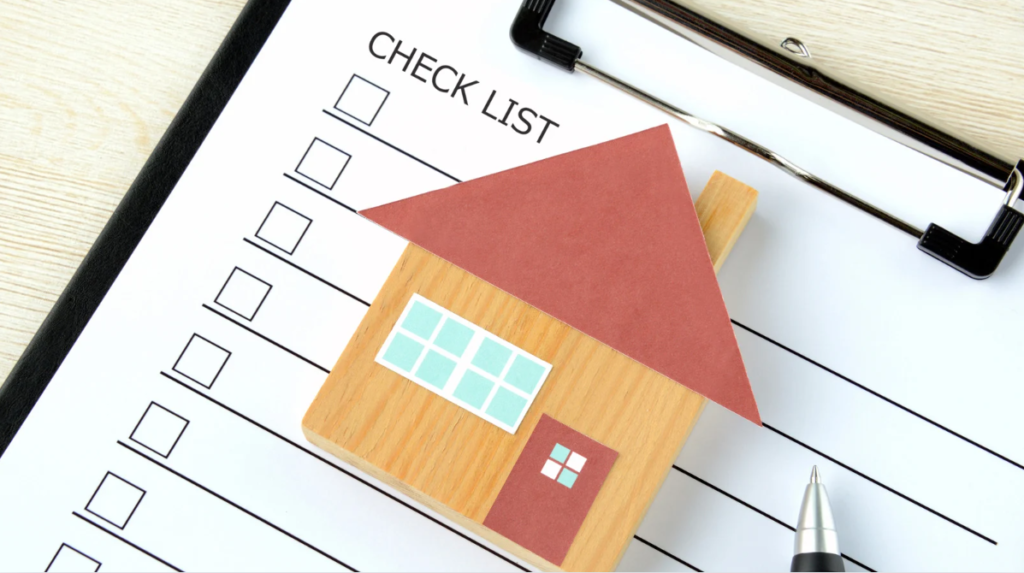The standard home-buying process follows this formula: you find the right property, you go under contract to buy it, you get approved for a mortgage loan, the lender lends you enough money to buy the home, you sign the papers, the deed to my house is transferred to you, and you move into your new house.
Your Rights as a Homeowner
The short answer is that you do. Your name will go on the title and the deed of the house. Your home serves as collateral on the loan, but you own it for most intents and purposes.
You have the power to make decisions about the property, including renovations, decorations, and landscaping. You also have complete control over when to sell your home.
Your Responsibilities as a Homeowner
You also have the full responsibility to take care of the property in terms of repairs and maintenance.
The Mortgage Lender’s Legal Interest
However, since you are obligated to repay the mortgage lender, the lender has a legal interest in your property, meaning you do not have complete ownership until the loan is paid in full. You signed several documents at closing to finalize this financial arrangement.
Key Documents and Legal Agreements
In most states, buyers sign a promissory note, a legal agreement for a borrower to pay back the lender with interest over time, and a Deed of Trust, which is recorded at the County and secures the mortgage company’s lien on your property.
Consequences of Defaulting on Payments
If you do not make your mortgage payments according to your loan agreement, your lender can start foreclosure proceedings on your home, potentially leading to repossession if you do not get back on track with payments.
Collateral and Payment Responsibility
It works much the same way as having an auto loan, where the auto serves as collateral. The home is yours, but you still need to make the payment.
Risk of Losing Your Home Despite Full Ownership
It is important to note that even if you own your home free and clear, there are situations where you may still be liable to lose your house, such as falling behind on property taxes or having legal judgments against your property.
General Ownership Rights and Financial Obligations
In a general sense, when you buy a home, you own the house and have the rights to use it, change it, and sell it as you see fit. However, financial obligations to third parties, such as taxes or liens, could affect your ownership.

Who Owns My House: Me or My Mortgage Lender?
When taking a mortgage, borrowers receive enough money to cover the price of a real estate property. As per the mortgage agreement, they commit to paying the loaned amount in fixed parts, usually via monthly deposits.
We probably don’t need to tell you that buying a new house represents a huge financial expense for most people, often taking the bulk of a person’s life savings. When buyers don’t have the means to match the value of the house in cash, they take a mortgage to cover part of the cost. In most cases, this means using the mortgage money to cover the amount that remains after you make the down payment. A down payment represents the amount of money buyers transfer at the beginning of the transaction to show their commitment to the purchase.
When discussing the loan, mortgage holders will look at your budget, your monthly expenses, and even your family’s income. Then, they will list the terms of the loan depending on your qualifications.
On that note, what exactly is a mortgage holder?
Different services could take the role of the mortgage holder in a real estate transaction, but banks and mortgage companies are the two main options people turn to before buying a real estate property. Buyers borrow a specific amount of money from these entities using the property as collateral.
In other words, mortgage holders enforce the loan terms and receive the payments as scheduled. The property belongs to the buyer, but lenders can still take it away if the owner falls short on the payment.
Title & Home Ownership Rights
The property itself legally belongs to the borrower as long as all home loans are paid on schedule. In other words, you have full ownership rights over the property you’ve purchased as shown during the title transfer. Still, you need to keep up with your monthly mortgage payments if you want to hold on to those rights.
One of the main purposes of title searches is to find liens on a property title. Mortgages are liens held by the lender. If a title has an unpaid claim, your ownership is shaky until you’ve paid the debt. This remains true for new owners after they get a hold of the title, whether the transfer results from a regular closing or an inheritance. As the new owner, however, you’d have the right to refinance or sell an inherited property after covering the mortgage debt.
Home Mortgage Loans – Deed of the House
Since the lender will provide the money, you can expect your mortgage holder to offer a number and explain the calculations based on the information you provide. Still, getting the assistance of a real estate professional is the best way to avoid debt and liens on your home.
Additional Costs to Consider
Your mortgage payment includes many costs, such as insurance and property taxes. A real estate specialist will consider all these variables when calculating the amount you’ll need to pay after taking out a mortgage.
Lender Evaluation Criteria
The mortgage holder will look at your credit history, income, and regular expenditures. This is done to ensure that borrowers can stay on top of their monthly payments and to avoid financial loss for the lenders. If your credit history is less than stellar, the assistance of a title and escrow company can help you prepare for your negotiations with the mortgage company.
Types of Mortgages
There are different types of mortgages, and your financial situation could make you qualify for more than one of them.
Mortgage Options
According to Bankrate, there are 5 main types of mortgage loans:
- Conventional loan
- Government-backed loan
- Jumbo loan
- Fixed-rate mortgage
- Adjustable-rate mortgage
How Your Real Estate Agent Can Help – Deed of the House
Your real estate agent will help you identify the pros and cons attached to each option, including some payment requirements that are easy to miss for new homeowners. A local company can also identify the availability of each option depending on the lender.
Final Thoughts and Assistance – Deed of the House
All of this may sound complicated if you’re navigating a home purchase process on your own, but mortgage loans don’t have to be a cloud hanging over your head. Key Title & Escrow can help you identify the best option to suit your specific needs so you can fully enjoy your new property after the closing. Contact us today.


